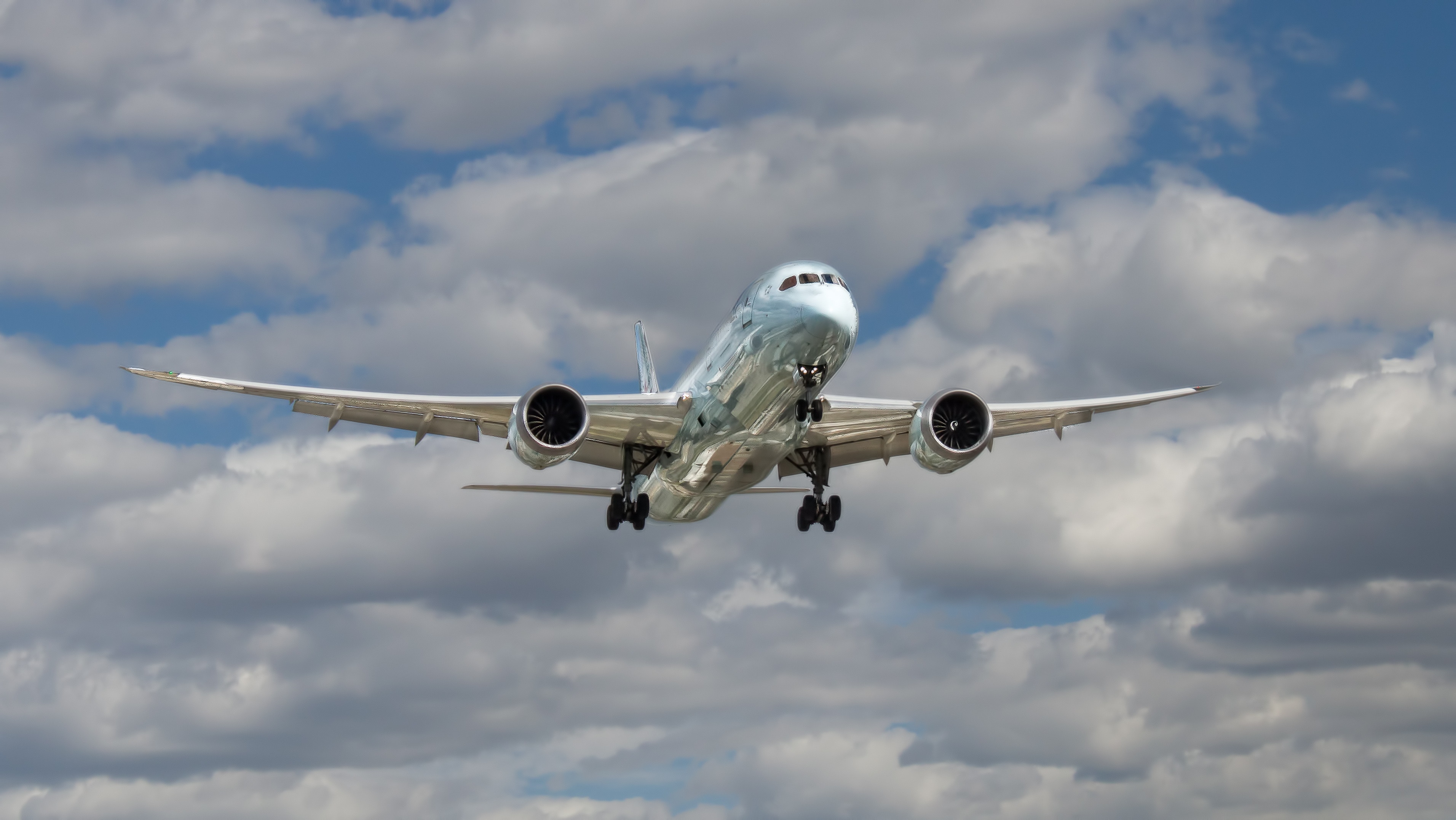
May
In the interest of promoting safety, employees in the air carrier industry are encouraged to providetheir employer or to the Federal Governmentwith information relating to safety violations.
If the employee has a reasonable belief that a given policy, circumstance, or event constitutes a violation of Federal Aviation Administration (FAA) regulations or federal law, reporting thatbelief is known as protected activity. This can includereporting workplace safety concerns to an employer, reporting safety violations to the Occupational Safety and Health Administration (OSHA), andparticipating in a proceeding against the employer related to a violation of any FAA standard, order or regulation, or Federal law dealing with air carrier safety.
The Wendell H. Ford Aviation Investment and Reform Act for the 21st Century (AIR21) shields protected activity against discrimination.This might include failure to hire, suspension, demotion, reduction in pay, termination, retaliation, intimidation, harassment, blacklisting, and any act that would dissuade a reasonable person from engaging in further protected activity.
Among the available remedies are reinstating terminated employeesand expunging wrongfully imposed discipline. Also, the employer can be held liable for damagessuch as back pay and lost benefits. Beyond that, in certain cases, employees may be awarded attorneys’ fees, compensatory damages, punitive damages, or other non-monetary relief depending on the circumstances.
But deadlines are crucial here, as with all legal claims. If you are an employee who believes you have suffered adverse action for reporting air safety violations, youshould file a complaint with OSHA within 90 days of the date on which the discriminatory decision was made and communicated to you, the employee.
At Seham, Seham, Meltz and Petersen, our attorneys are experienced in representing employees in AIR21 proceedings nationwide, both before the U.S. Department of Labor (DOL) and in federal court. Let us know if we can help you.

